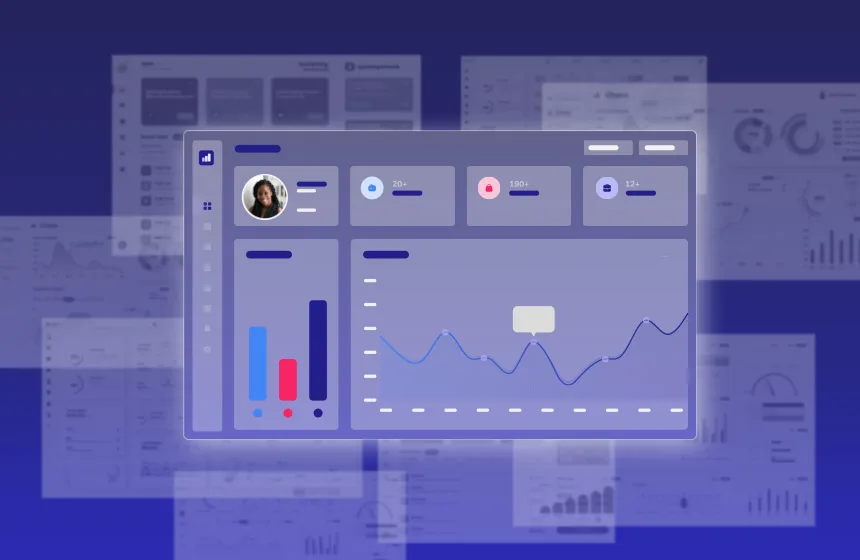4 habits of top-performing Solutions Engineers

April 22, 2025
Table of Contents
The best solutions engineers aren’t the ones who can explain how every single feature of your product works, or who have the strongest technical background, or who love diving tech into the specs on the product side.
Technical mastery is critical, of course – you must have a really solid grasp of how the product works so you can show it to your prospects. But it is just one piece of the puzzle, along with many other skills. (No wonder solution engineers are hot in the hiring market right now.)
These four habits are vital – they will hone your SE skills in every area where you need to excel.
1. Ask the right questions about a demo request
This habit seems obvious to experienced SEs, but digging deeper before giving a demo is easy to skip when time is short. Asking lots of questions about a demo request doesn’t slow down the sales cycle – in fact, it speeds it up over the long haul and makes your demos much more effective.
For example, instead of receiving a generic demo request and giving a generic product tour in response, probing into your prospect’s expectations and objectives certainly takes more time. But it allows you to create a customized demo and script the demo effectively instead of guessing what they want to hear. Targeted demos are effective demos – and asking more questions increases the chances of closing the deal.
2. Maintain a strong relationship with sales and product
Sales is a team sport – and presales is too. The best SE is a relationship builder, not an island. Take the time to build ties and rapport with your sales and product teams.
Your sales partners pass on important information about your prospects and the broader business. And the product team keeps you updated on upcoming features and changes to the product so you’re always on top of your game.
These relationships go two ways as well – you can provide product with feedback based on prospect responses, and sales can help you improve the selling part of your job. A mutually beneficial relationship based on trust and communication requires careful maintenance as well, so make a habit of building trust and communication with those teams.
3. Continually look for ways to improve
Even if you’re a seasoned SE with years of experience under your belt, resting on your laurels is never a good idea. Your product changes and your prospects’ needs change, and your process must also adapt.
Continuous improvement means making time for practice even when you are a veteran – that can mean providing demo training or coaching to newer SEs which lets you help them while keeping your own skills sharp. And you should regularly work with your sales partners and conduct your own research about any changes or trends in your industry – what are the most pressing questions facing your prospects?
4. Keep meeting prep effective and efficient
Preparing for your demos thoroughly takes time – which busy SEs don’t have. Instead of sacrificing effectiveness, building in ways to prep more efficiently for your meetings means you can get more done in less time.
And with the number of new tech tools on the market these days for solutions engineers, you can try out options to automate or accelerate a lot of tasks. Reprise is a powerful tool that helps you create customized live demos and product tours in minutes without requiring coding. You can even hand off completed guided tours to your AEs so they can give prospects a taste of the product on their own when needed, saving you time for more valuable tasks.





